In this captivating episode of the PSYCHE podcast, host Quique Autrey embarks on a deep dive into the world of Jungian psychology with guest Joel Blackstock. Together, they explore a wide range of topics, from the potential oversimplification of Jung’s ideas by American Jungians to the neurological validation of Jung’s phenomenological map of the soul.
Joel’s Journey: From CBT to Depth Psychology and Somatic Practices
Joel shares his personal journey, starting with his early exposure to mythology and religion, which eventually led him to study comparative religion. During his social work studies, Joel discovered the limitations of cognitive-behavioral therapy (CBT) and found himself drawn to the ideas of influential figures such as Erikson, Hillman, and Jung. This shift in perspective prompted Joel to explore depth psychology and somatic practices like EMDR and Brainspotting.
Connecting the Dots: Erikson, Hillman, and Jung
Throughout the conversation, Joel highlights the connections between the works of Milton Erikson, James Hillman, and Carl Jung. He discusses how Erikson and Hillman’s approaches to emotions and imagery share a common thread, emphasizing the importance of turning literal experiences into symbolic metaphors to gain mastery over them. Joel also delves into the complexities of Hillman’s relationship with Jung and how it influenced his own psychological theories.
Navigating the Tension: Monotheistic vs. Polytheistic Psychology
Quique and Joel explore the tension between monotheistic and polytheistic psychology, with Joel offering insights into the nuances of these seemingly opposing viewpoints. They discuss the concept of disenchantment in the modern world, drawing upon the ideas of philosophers like Peter Sloterdijk and Jürgen Habermas. Joel also introduces Jung’s concept of the three ages – the mythological age, the scientific enlightenment age, and the coming “post-secular sacred” era – and how they relate to the resurgence of religion in contemporary society.
The Evolution of “Post-Jungian” Thought
The conversation delves into the evolution of “post-Jungian” thought, with Joel explaining how figures like Edward Edinger, Marie-Louise von Franz, and James Hillman have built upon and expanded Jung’s original ideas. Joel highlights the work of Arnold Mindell and his process-oriented therapy, as well as the contributions of Sidra and Hal Stone’s Voice Dialogue method, as examples of innovative post-Jungian approaches that emphasize experiential and somatic elements. Also Process Orienter Psychotherapy continues this parts based tradition.
The Meta Modern
Many of the Post secular sacred aspects that Jungians like Tacey analyze are similarr to the notion of the post secular sacred the Jurgen Habermas, Peter Sloterdijik and other meta modern scholars analyze in philosophy.
Dream Work and Adaptive Therapy: Joel’s Unique Approach
Joel shares his unique approach to dream work, emphasizing the importance of timing and the client’s readiness for change. He provides an example of how he explores the universal themes and personal relevance of a client’s dreams without relying on strict analysis. Joel also discusses his adaptive therapeutic style, which draws upon various psychological influences and prioritizes meeting each individual client’s needs rather than adhering to a rigid framework.
The Mythopoetic Men’s Movement and the Shadow Side of Social Media
Quique and Joel touch upon the mythopoetic men’s movement of the 1980s, with Joel acknowledging its positive impact on many individuals while also cautioning against the potential misuse of its ideas by “wounded healers” and “grifters” in online spaces. They discuss the importance of self-understanding and curiosity, drawing inspiration from Jung’s lifelong commitment to personal growth and openness to new perspectives.
Unpublished Aspects of Jung’s Life and Relationships
Joel shares his knowledge of the unpublished aspects of Jung’s life, particularly his relationship with Toni Wolff and the complexities of his marriage to Emma Jung. While some of Jung’s writings on these matters have been deliberately withheld from publication, Joel highlights the enduring collaboration and mutual respect between Carl and Emma Jung, despite the challenges they faced.
The Enduring Relevance of Jung’s Work
The conversation concludes with a reflection on the enduring relevance of Jung’s work in the modern world. Joel emphasizes Jung’s ceaseless curiosity, his awareness of the limits of knowledge, and his profound insights into the human psyche. Both Quique and Joel express their belief that Jung’s ideas should be more widely integrated into contemporary psychological institutions and beyond.
Further Reading
For those interested in delving deeper into the topics discussed in this episode, here are some recommended resources:
- “The Darkening Spirit: Jung, Spirituality, Religion” by David Tacey
- “The Reenchantment of the World” by Peter Sloterdijk
- “Post-Metaphysical Thinking” by Jürgen Habermas
- “The Future of an Illusion” by Erich Fromm
- “My Voice Will Go with You: The Teaching Tales of Milton H. Erickson” by Sidney Rosen
- “Re-Visioning Psychology” by James Hillman
- “The Creative Unconscious” by Marie-Louise von Franz
- “The Ever-Present Origin” by Jean Gebser
- “Arnold Mindell: Process Oriented Psychology” by Arnold Mindell
- “Embracing Our Selves: The Voice Dialogue Manual” by Hal Stone and Sidra Stone
- “The Tamar Stone Interview: Understanding Voice Dialogue and the Psychology of Selves” (link to the PSYCHE podcast interview with Tamar Stone)



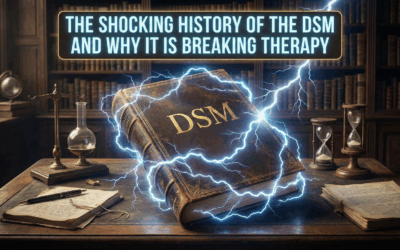
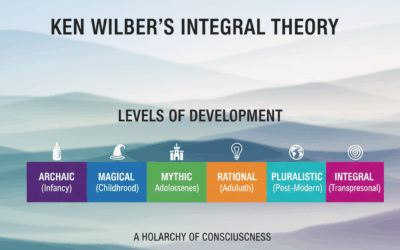
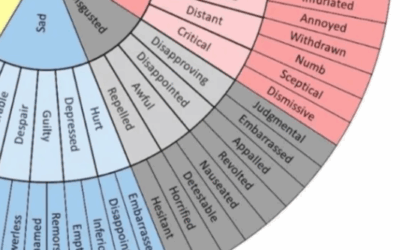
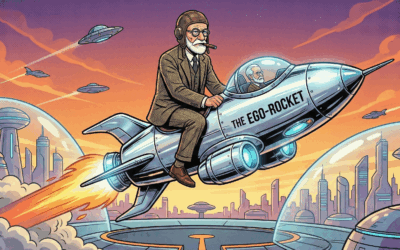

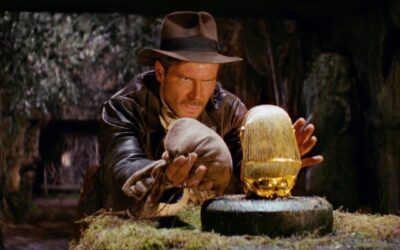

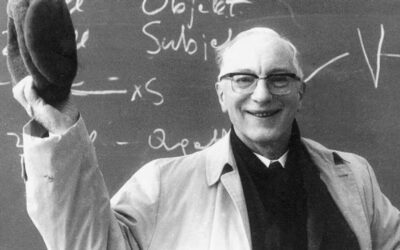

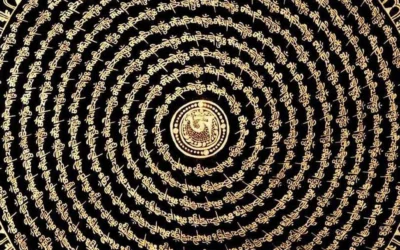



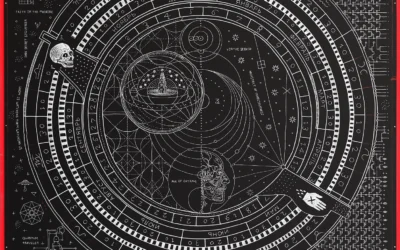

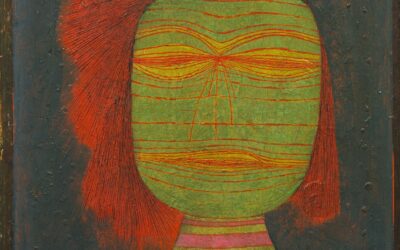
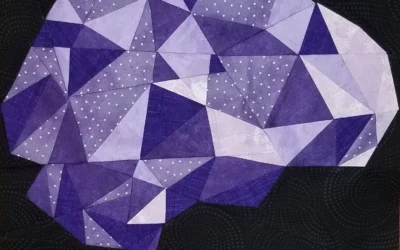



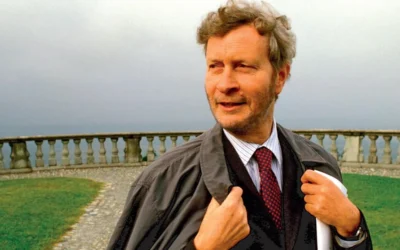
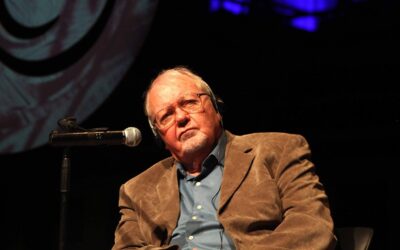
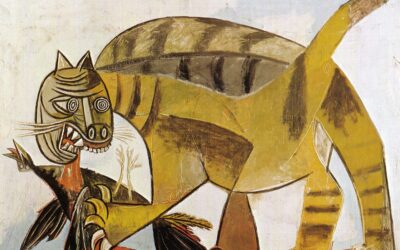
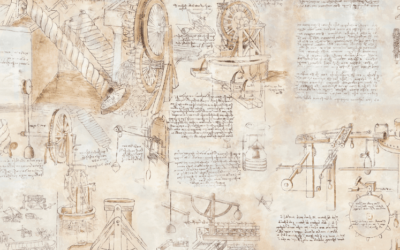
0 Comments